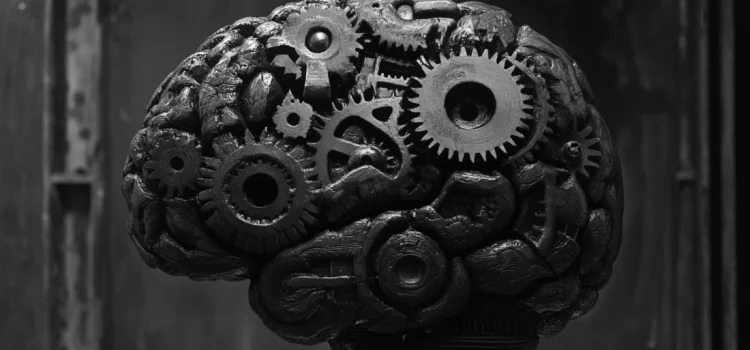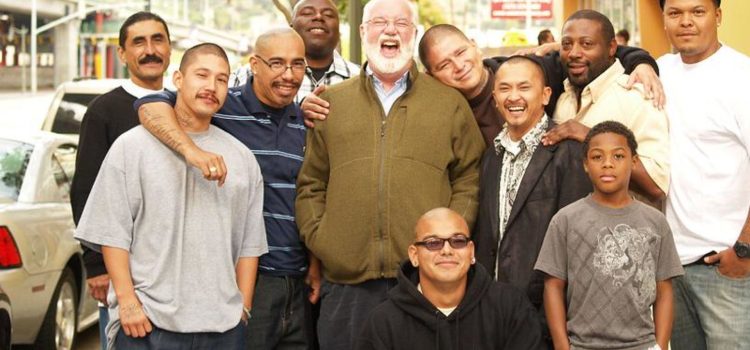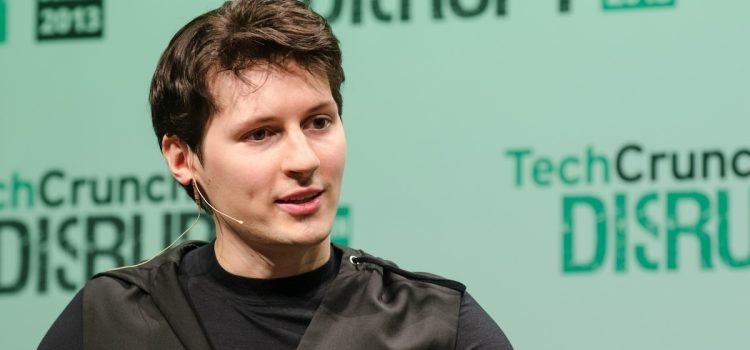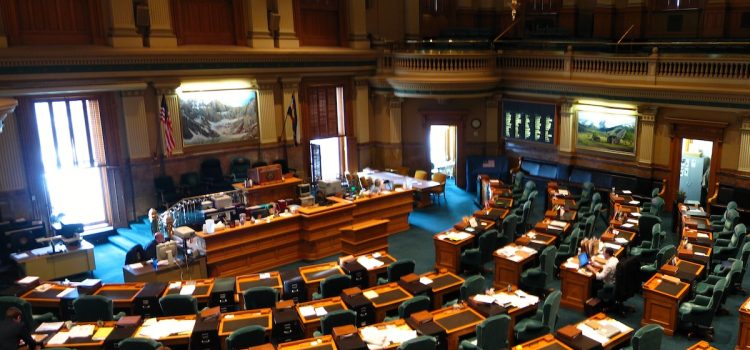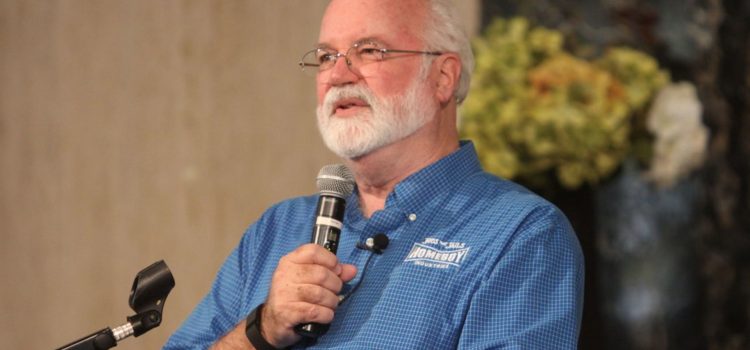Are we consciously in charge of our thoughts and actions? What’s the modular theory of mind? According to Robert Wright’s book Why Buddhism Is True, the principle of no-self dovetails neatly with the modular theory of mind. This is an idea in cognitive science that says our thoughts and behaviors arise from the activity of various mental “modules,” or interconnected groups of brain areas that work together. Read below to learn about the modular theory of mind.
The Modular Theory of Mind: How Your Mind Is Split Up
